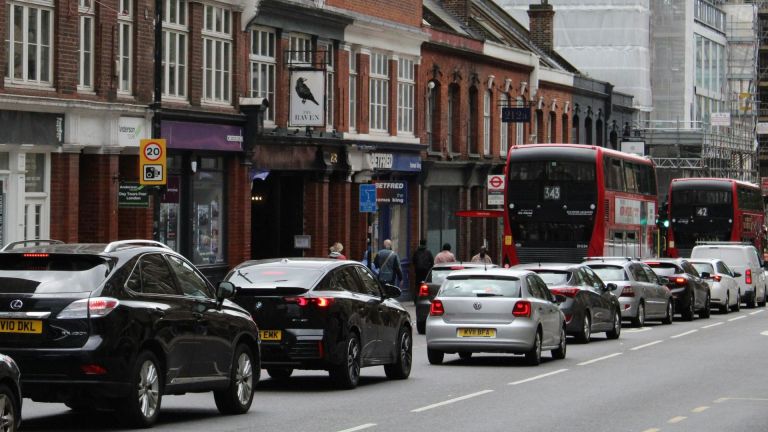But not all ages and levels were affected equally. Despite the drop overall, higher apprenticeships – which can be equivalent to undergraduate or Master’s degrees – actually increased from 29,800 starts to 30,100. The highest level now accounts for a third of all apprenticeships.
Even if the Covid-19 pandemic has brought you crashing down to earth, there is still good reason to look to the stars, and apprenticeships can pave the way to a new and exciting career.
For anyone who is new to apprenticeships, they are a way that people can learn a new skill while also earning a salary. Apprentices learn on the job alongside experienced colleagues, using structured learning frameworks that have been developed with businesses to ensure that apprentices have the skills that are truly in demand in the marketplace.
In recent years, the government has reformed the apprenticeship system by charging larger employers a levy that is used to fund the system, and those businesses can claim back their levy if they employ apprentices in their businesses. This is great news for future apprentices as it has meant an increase in the types of jobs that people can train to do via an apprenticeship from accountancy to engineering and childcare to cyber security. Apprenticeships are also available to people at all stages of their careers.
Apprenticeships will only grow in importance in the coming years as we begin to realise the government’s spending plans laid out in their National Infrastructure Plan. We are expecting to see huge infrastructure projects such as HS2, Northern Powerhouse Rail, an upgrade of the rail systems in the North of England and the completion of Crossrail in London as well as big plans for housebuilding and energy sector development.
The government’s focus on building a greener economy means there will be a huge increase in demand for brand new ‘green skills’ in the coming years. Our recent research found that in the rail sector alone, 120,000 additional people will be required over the next five to 10 years, so there will be huge numbers of opportunities created for people searching for work. Apprenticeships are likely to form a critical part of training this workforce of tomorrow as we rebuild the country post-pandemic.
In addition to these roles being created, there are already huge numbers of open vacancies in the health and social care sector. According to a government report called The Health and Social Care Workforce Gap , NHS England in January last year reported a shortage of more than 100,000 full-time staff. Adult social care had an estimated 122,000 full-time equivalent vacancies. These skills shortages are only likely to have worsened thanks to the impact of coronavirus – meaning that there are lots of opportunities for people looking for a new career. Apprenticeships are often used to train staff in these areas from nurses to care assistants and all of the support staff that hospitals and care homes need across numerous disciplines.
I was recently made aware of a great example of a person who had taken a later-in-life career change at the age of 60 thanks to an apprenticeship. She had a career as a business support manager at a large energy company and had taken early retirement but after a few years decided that she really wanted to work again. So she landed an apprenticeship and retrained as a recruitment co-ordinator in the HR department of a large brewer. It really demonstrates to me the power of apprenticeships to give people brand new skills at any stage in life.
So this Apprenticeship Week my message is one of hope. Times might be hard right now but thanks to apprenticeships there are good job opportunities out there with brilliant training attached, so if you are considering a career move or just starting out in your working life and not sure what to do next, maybe consider an apprenticeship as your next step.
David Phillips is managing director at career development organisation City & Guilds. National Apprenticeship Week runs from February 8-14.










